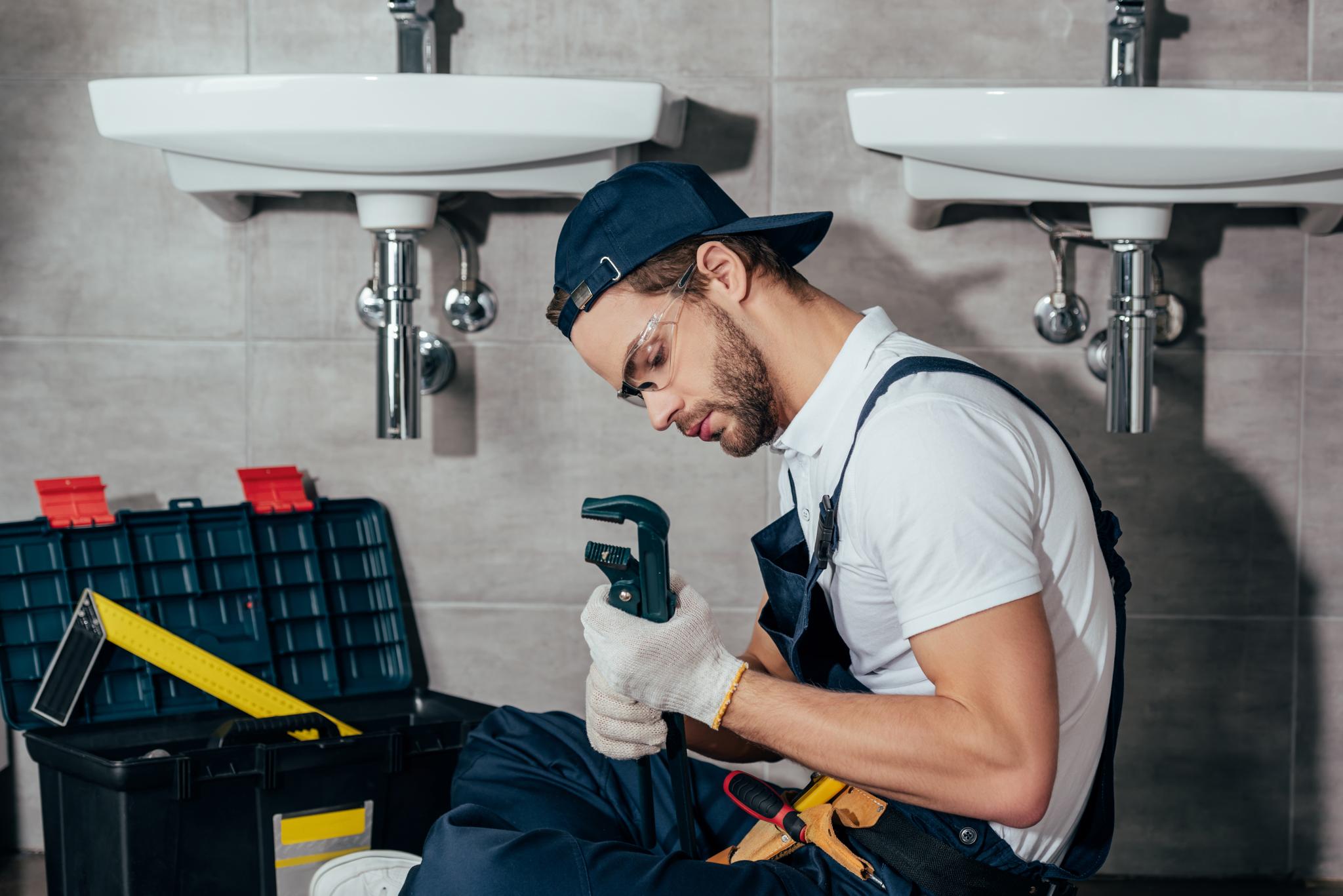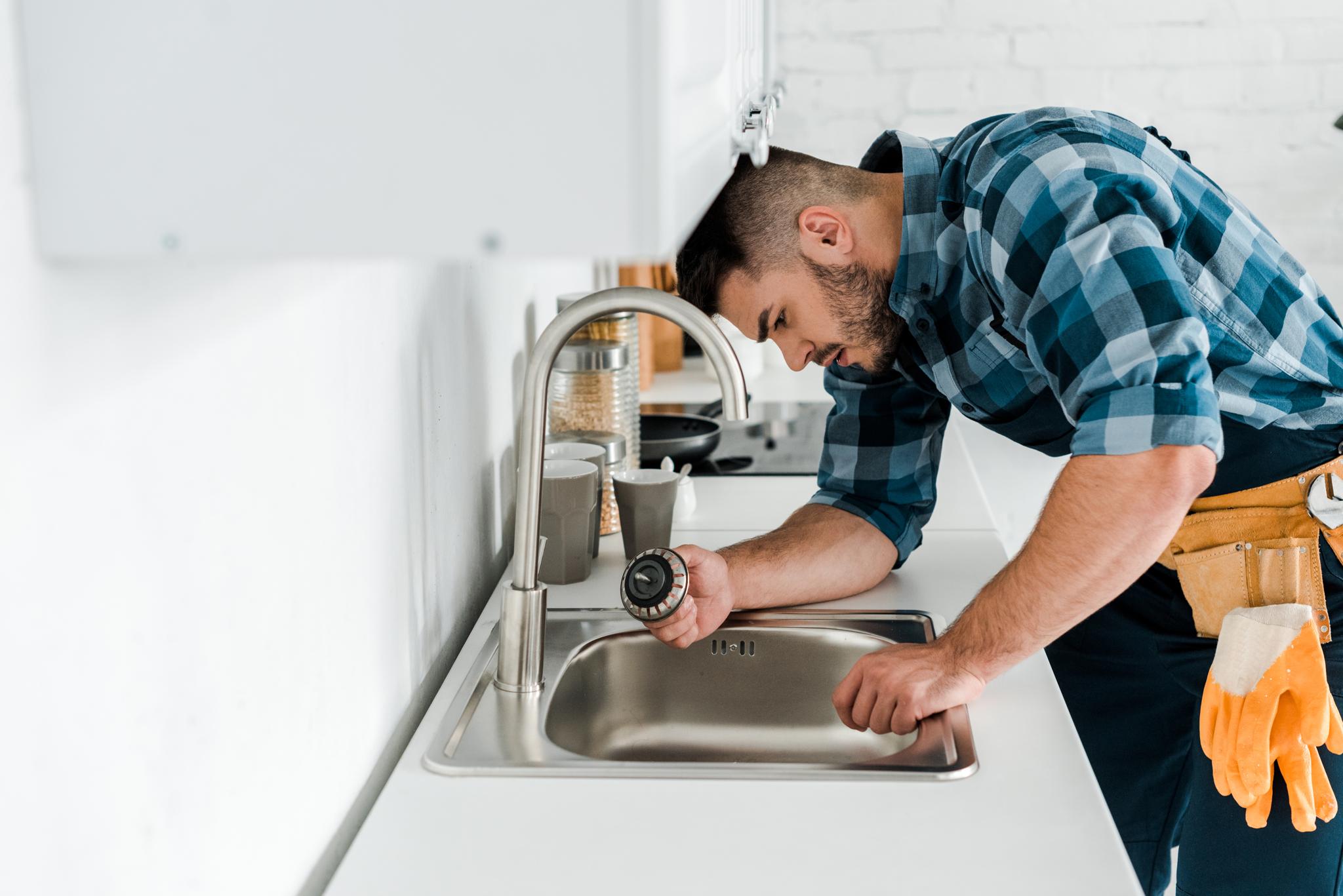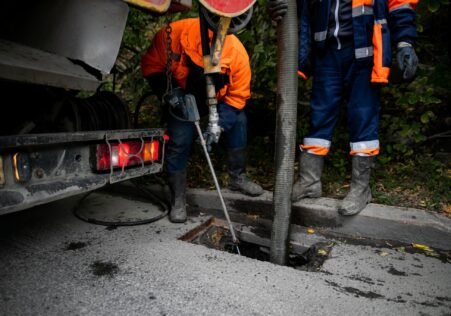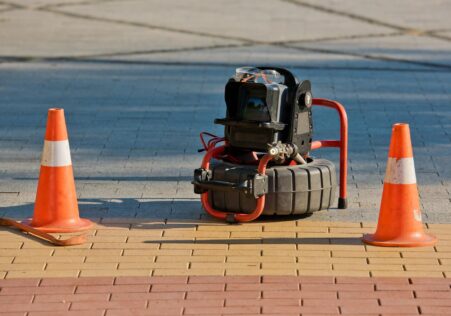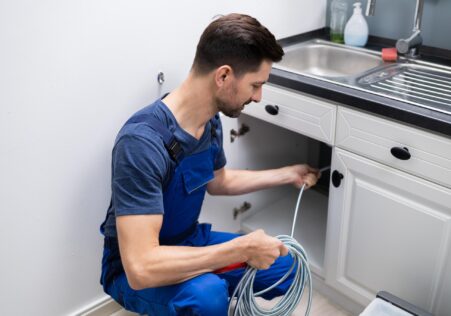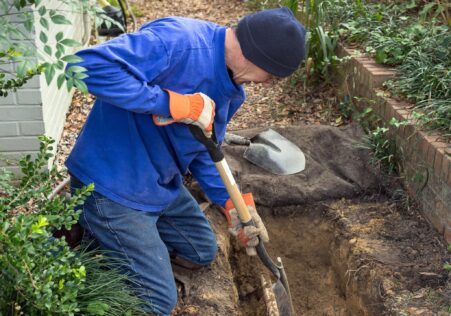5 Factors That Are Clogging Your Drains and How to Avoid Them

Blocked drains can be a frustrating problem and cause many inconveniences. Blocked drains can cause unpleasant odors, slow drainage of water, and even sewage backups. Understanding the common causes of blocked drains will help you prevent them in the first place.
Blocked drains can be caused by many reasons and, if left untreated, can cause costly damage to your home or business. Here are five common causes of blocked drains and how to prevent them:
1. Foreign objects
Foreign objects such as food particles, hair, soap residue, and paper products can cause blocked drains. These substances stick to pipes and block water flow.
To prevent these blockages from occurring:
- Dispose of cooking oil in the trash and not down the drain
- Do not pour coffee grounds or leftover food into the sink
- To prevent hair accumulation, install drain covers in bathtubs, sinks, and shower stalls
- Use minimal toilet paper when flushing
2. Tree roots
Tree roots often grow toward water sources such as cracked pipes or pipe joints where they can infiltrate and eventually cause a complete blockage within the pipe.
To prevent tree root intrusion:
- Hire professionals to properly install pipes so they’re level
- Avoid planting trees next to sewer lines
3. Grease buildup
Blockages can be caused by grease buildup. Hot grease is often poured down the kitchen sink. It’s liquid form allows it to escape from dishes, but it congeals quickly once it cools and gets deep within your pipes, causing blockages.
To avoid grease buildup in your kitchen sink dispose off all greasy wast like cook oils via trash bin instead pouring it down into your kitchen drainage system.
4. Structural damage
Cracked or collapsed pipes due to age, weather or changes in the soil can cause blocked drains. Signs of structural damage of pipes include:
- Slowly draining water
- Multiple blocked fixtures
- Mold growth
- Foundation cracks
To prevent structural damages:
- Get your sewer lines inspected regularly with the help of CCTV inspections so that professional repair company could detect any issues and fix it immediately.
5. Incorrect pipe installation
Bad pipe design or incorrect installation can cause blocked drains. It is possible for large debris to build up in unreliable areas, causing blockages.
To prevent such occurrences, hire professionals to properly install pipes and ensure the pipes meet the recommended standards for sizes and torques.
Conclusion
If left unattended, blocked drains can cause serious problems. Be proactive about preventing blockages by taking preventative measures, hiring professionals for regular maintenance checks, following plumbing code requirements during constructions, placing catch baskets on screen traps in sink an drain shower outlets to capture any debris before it reaches the drainage system. Take care of your pipes today to ensure that they remain clear tomorrow and in years ahead.
The key takeaways
These are the most important things to remember after you have read this article.
- Blocked drains are often caused by foreign objects such as hair, soap residues, paper products, and food particles.
- Tree roots can grow towards water sources like cracked pipes, causing complete obstruction within the pipe.
- Grease buildup deep inside your pipes causes stubborn clogs leading ultimately leads to Blocked Drains.
- Structural damages due to cracked or collapsed pipes due to age, weather or ground shifts impairing smooth flow of water.
- An incorrect installation of pipes can leave tight bends that are susceptible to large debris, causing accumulation blockages. from wastes going through drainage system.
- Hire only qualified-professionals plumbers for regular check ups instead of waiting for emergencies.
- Follow standard local plumbing codes during construction.
- Place catch baskets on screen traps at outlets to capture any debris before it reaches the drainage system.
Additional Information
- Tips to Understand When it's Time to Pick Up the Phone for Professional Drain Cleaning
- The Professional's Guide to Clearing Blocked Drains in Your Home
- DIY Methods for Clearing Blocked Drains at Home
- Prevent Expensive Repairs with Regular Drain Maintenance
- The Dangers of Neglecting a Blocked Drain and What You Should Do


